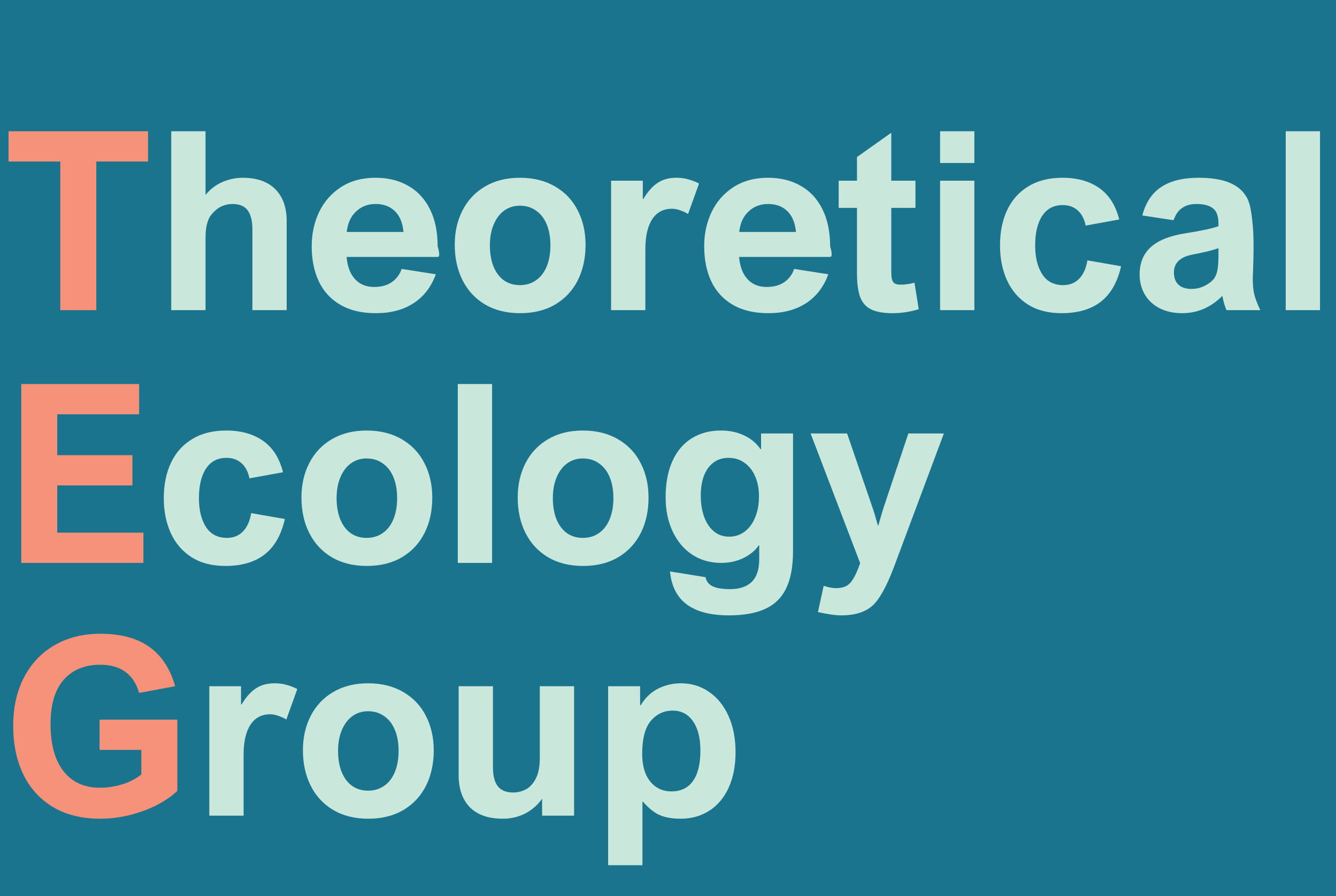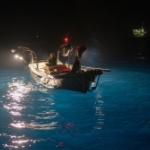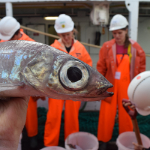

We use systems thinking to study how the living world operates, which requires a holistic view of how organisms have evolved in their environments. This is a wicked problem because it starts with the environment, requires integration of multiple disciplines, considers interactions between a multitude of species, and addresses complex phenomena with limited data.
Our approach is to combine systems dynamics with rich environments and evolutionary thinking in numerical models. This allows us to replace verbal arguments with more rigorous analysis. We strive to communicate pedagogically, and we celebrate whenever our models or analyses reveal that our conventional thinking has been wrong.
Often we develop models that represent the inner workings of organisms and the mechanisms of their relationship with the external environment, and use evolutionary algorithms or mass balance to predict adaptations and their effects. This enables us to fill in missing functions and parameters, thus arriving at new hypotheses for critical testing. We also challenge our theoretical findings with analysis of existing data.
 Rachael Morgan awarded Trond Mohn Foundation Starting Grant
Rachael Morgan awarded Trond Mohn Foundation Starting Grant
On Friday many of us at BIO attended the Trond Mohn Foundation’s yearly celebration at the University Aula. And it was particularly festive experience as one of our own, Rachael Morgan, was awarded the starting grant.
[5 December 2025]
 New PhD student: Arjen van der Kamp
New PhD student: Arjen van der Kamp
This week we are happy to welcome Arjen van der Kamp to the Theoretical Ecology Group. Arjen is a PhD candidate hired through the FRIPRO project Thermos (Regional downscaling of eco-physiological theory - confronting global predictions with local observations).
[1 October 2025]
 Joint kick-off meeting for the ALANIS and ISOLUME JPI Oceans projects
Joint kick-off meeting for the ALANIS and ISOLUME JPI Oceans projects
Partners from the newly funded JPI Oceans projects ALANIS and ISOLUME met in Hamburg to launch a three-year collaboration on Changing Marine Lightscapes, exploring how artificial light at night and coastal darkening affect marine ecosystems.
[17 September 2025]
We have pushed some research themes for decades, while some are newer. Below you find topics we care for and some of our current projects.
 Trond Mohn project: Advection and Trophic Subsidies
Trond Mohn project: Advection and Trophic Subsidies
The world’s open ocean may appear barren, but is it its low productivity, transported by currents, that fuels the rich ecosystems along shelves and coasts? This TMF Starting Grant Project (2025-2028) will investigate where and when prey from the open ocean becomes accessible to predators, and how advected biomass influences production, life-history strategies, and species distributions in the receiving ecosystems.
 Current project: From terrestrial greening to coastal darkening
Current project: From terrestrial greening to coastal darkening
Is it possible that a warmer taiga in Russia, Swedish urbanisation policy, or tree planting in Eastern Europe can influence the timing of phyoplankton blooms or fish spawning? through the RCN project A green-blue link made browner: how terrestrial climate change affects marine ecology (2019-), we will spend the next few years investigating a series of ecological links that might explain such curious connections.
 Current project: How can fisheries contribute more to a sustainable future?
Current project: How can fisheries contribute more to a sustainable future?
The ocean harbours half the global primary production but produces only 2% of human food and 6% of dietary protein. This project takes a step back, and together with key stakeholders considers fisheries as a food system and reimagines their role when the SGDs, the Paris Agreement, and the Convention on Biological Diversity are allowed to define the objective as maximizing food production while minimizing footprint.
 Research theme: Life in the Mesopelagic
Research theme: Life in the Mesopelagic
The mesopelagic, or ocean twilight zone, is the dimly lit part of the ocean between the productive surface waters and the deep sea. The group has long been interested in studying the behaviors, distributions, life histories of its inhabitants and their impact on ecosystem dynamics.
 Research theme: Bringing a digital fish to life
Research theme: Bringing a digital fish to life
Most models in ecology are strongly influenced by Occam's razor, which in modern science means that models and theories shall be as simple as possible. We have, however, also tried to move in the opposite direction, by modelling and putting together several aspects of how it is to be a fish, as detailed and realistic as possible. One goal is to have so rich models that model simulations may replace experiments on live fish.
 Research theme: Arctic and Antarctic Ecology
Research theme: Arctic and Antarctic Ecology
Polar seas are characterized by strong seasonality in solar radiation and sea ice coverage, impacting both bottom-up and top-down ecological processes. Our research focuses on how animals adapt to these unique seasonal environments, including their life histories, behavioral strategies, and ecological interactions. We also study how climate warming influences key mechanisms of energy transfer between trophic levels, such as shifts in trophic pathways, phenological mismatches, and increased top-down trophic regulation through theoretical models and field-based approaches.
 Current project: Hypoxia on tropical coral reefs
Current project: Hypoxia on tropical coral reefs
This project will embrace theoretical and empirical work integrating ecology, physiology and behaviour within life history to better our understanding of
the role of hypoxia in the heat of the night in coral reef ecosystems.
 Research theme: Animal decision making
Research theme: Animal decision making
We study how to model the processes of and architectures for decision-making. We have focussed on cognitive mechanisms but also studied hormonal control of the organism. While understanding animal behaviour is still our goal in most cases, it has also led to interest in animal wellbeing.